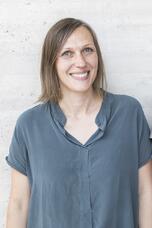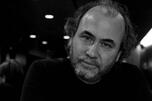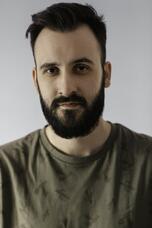Films
- Blue Frontier / Plava granica, 20
The man from the border has spent his entire life searching for the biggest fish that the blue Danube hides. Every sunrise sees the old fisherman attempt to lure the river giant in an ancient fishing way by clapping on the river surface with a hand-carved piece of wood. Two rivals – one on the surface of the water and the other concealed within the depths of the mighty river – are waiting to finally meet.
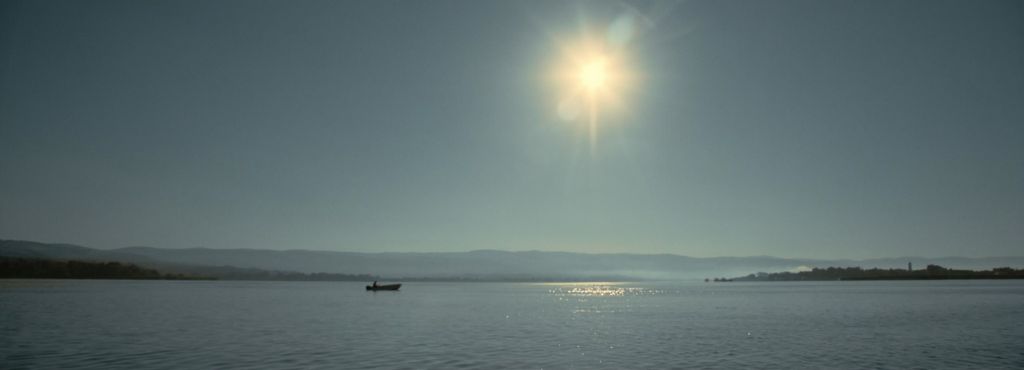
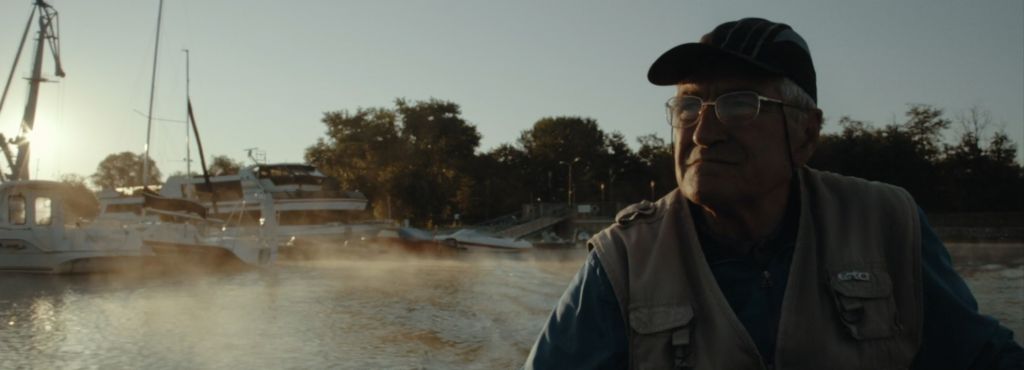
read more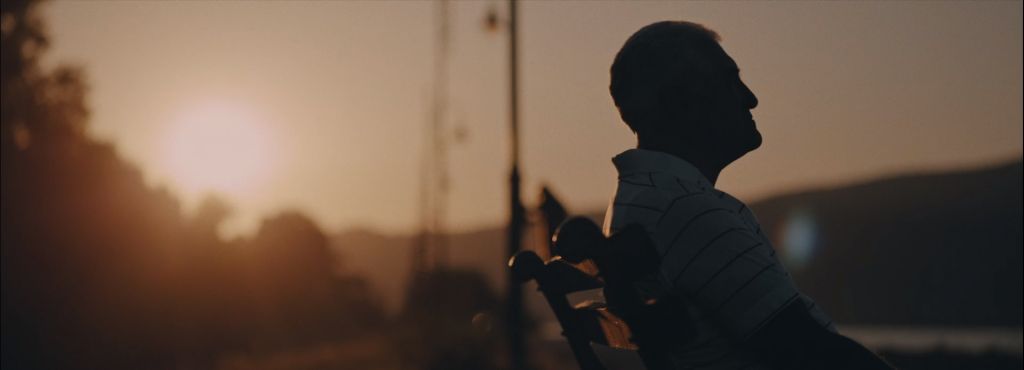
Authors:
- Dakhla: cinema and oblivion / Dajla: cine y olvido, 15
Life is going on in Dakhla, one of the Sahrawi refugee camps in southern Algeria, forgotten for 45 years. The celebration of a film festival, the FiSahara, breaks the monotony. The event ends, life (and oblivion) continues.
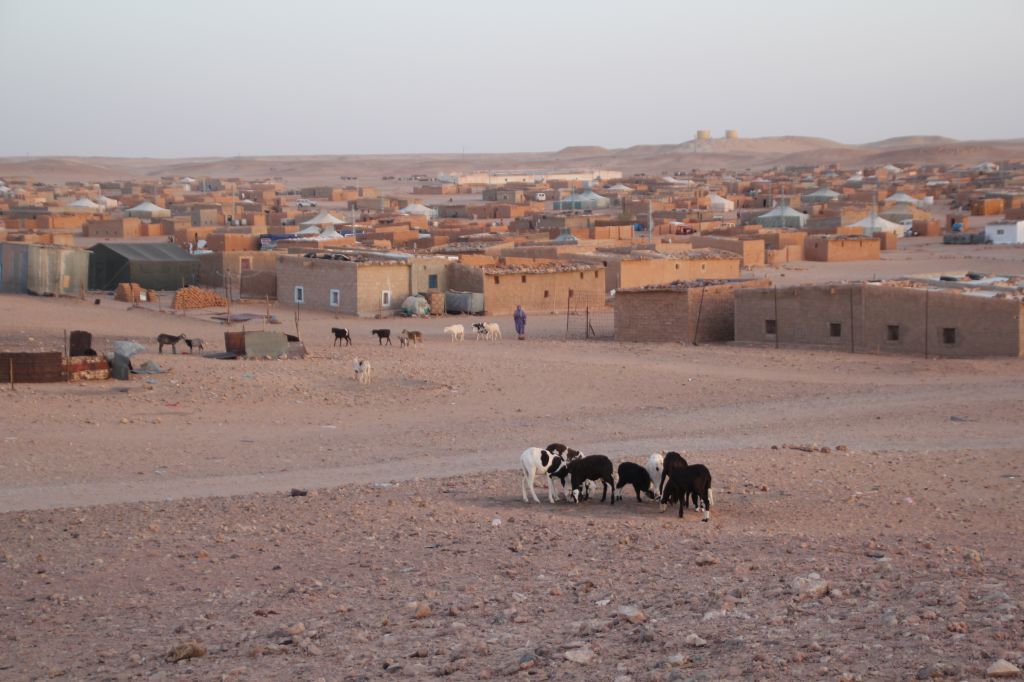

read more
Authors:
- Hotel Astoria, 25
Leipzig, GDR, 1986: The Hotel Astoria is a magical place. Business people, prostitutes, the elite of the Socialist Party and ordinary people meet here. But lobster and caviar are scarce – extravagance is also on ration. And the Stasi are always watching. The many truths from the everyday socialist life of a luxury hotel.
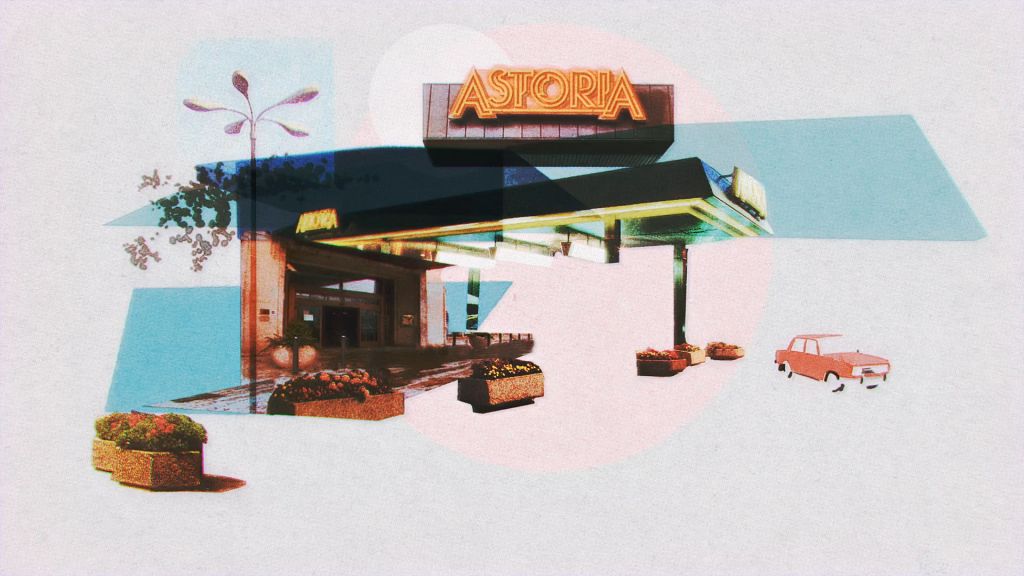
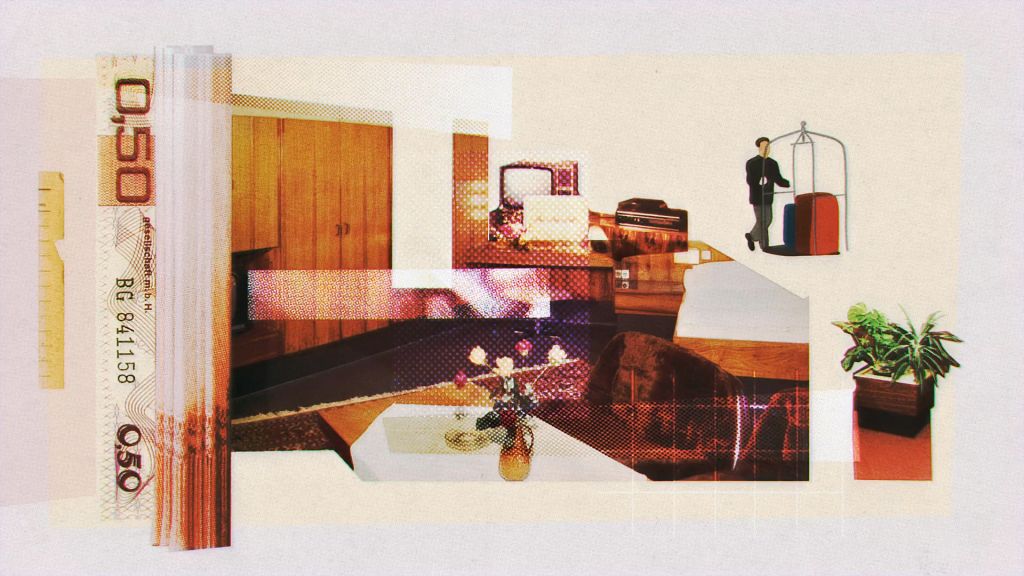
read more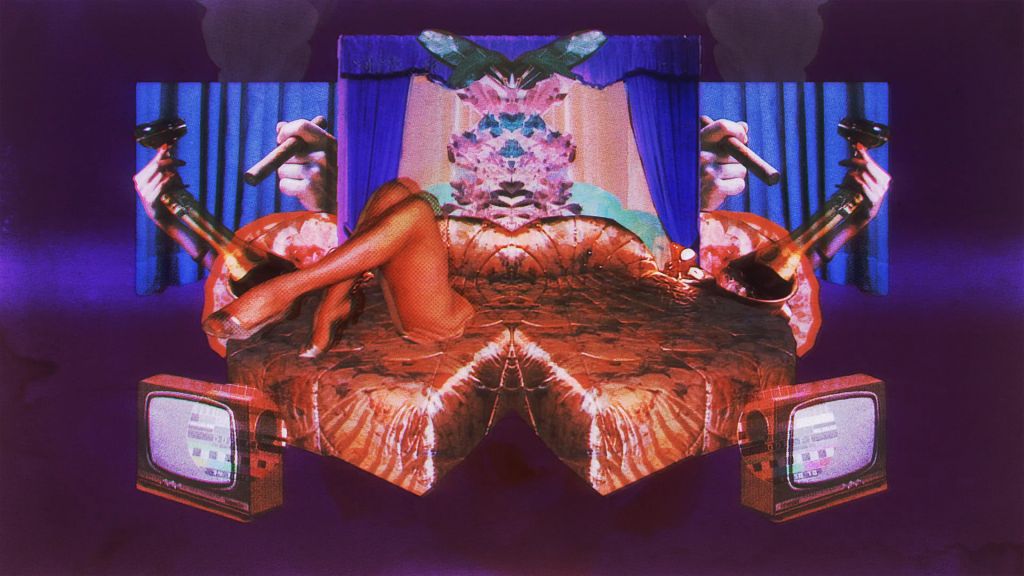
Authors:
- Kafkaland, 6
In 1960, a young writer and a future film director trace Franz Kafka’s footsteps – in a village where he often visited his sister and wrote “The Castle.” They look for inspiration for a screenplay, but don’t have any success. Later, one of the two friends becomes a famous director in the USA and the other becomes a head of state. In 2019, another film team makes a journey to the same village.
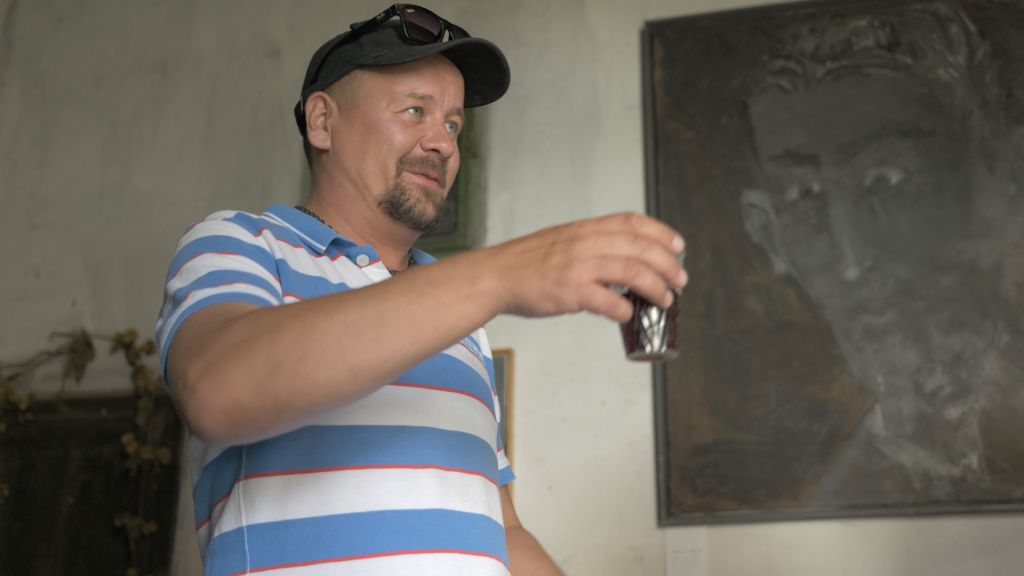
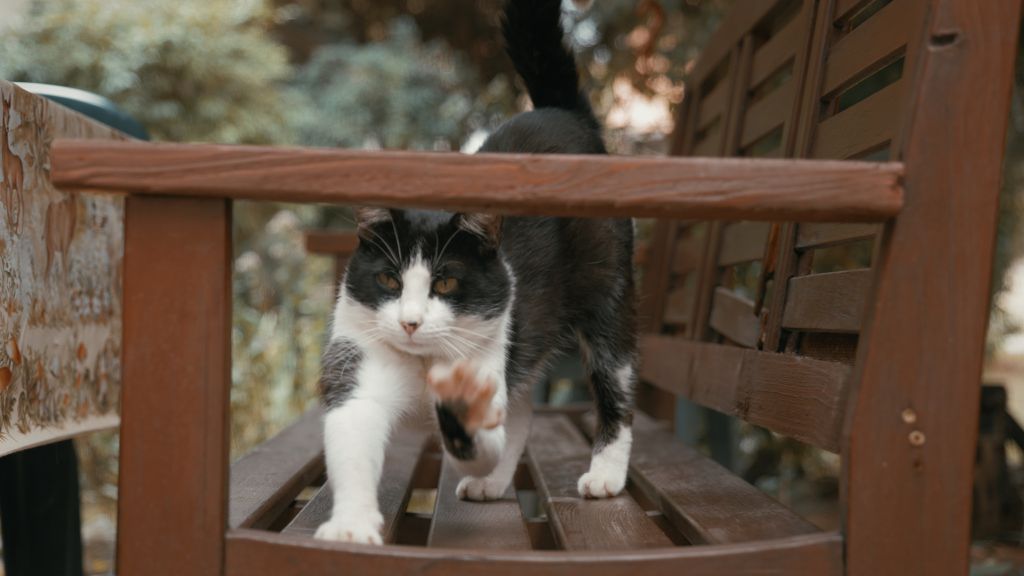
read more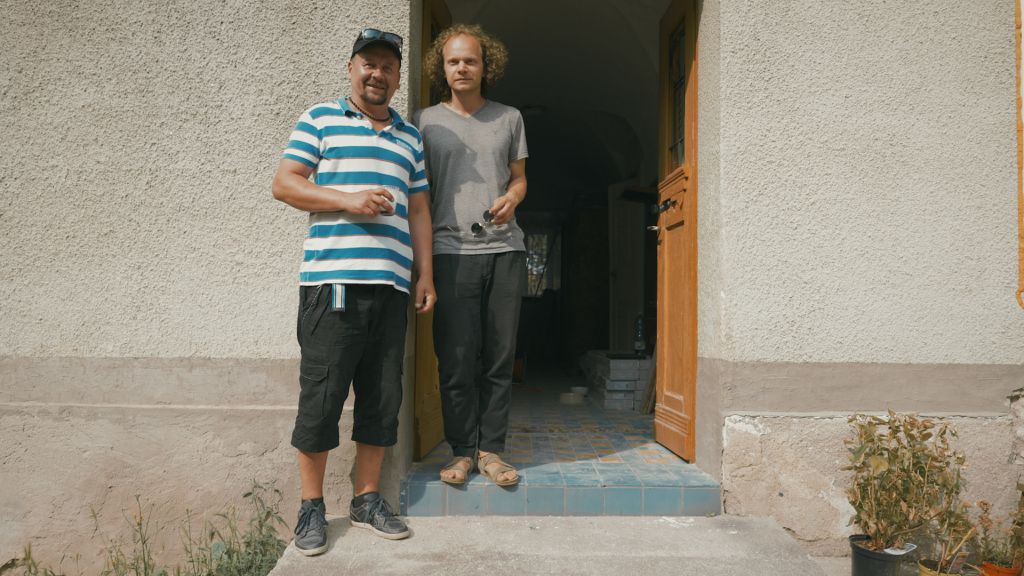
Authors:
- The Fear / Wielki Strach, 28
The film tells the story of the communal memory of killings that took place after World War II in the Dębrzyna forest in south-east Poland. It was a time when many people were returning from far-flung corners of the world. They had no idea that they might become victims of the attacks being perpetrated by the marauding bandits who had overrun the area. The returnees were hurled from trains, robbed and murdered. It was as if they had joined the numbers of those killed during the war. The residents of the nearby villages knew what was going on in the forest, but they never intervened because, as they themselves say, they were “living in fear.”
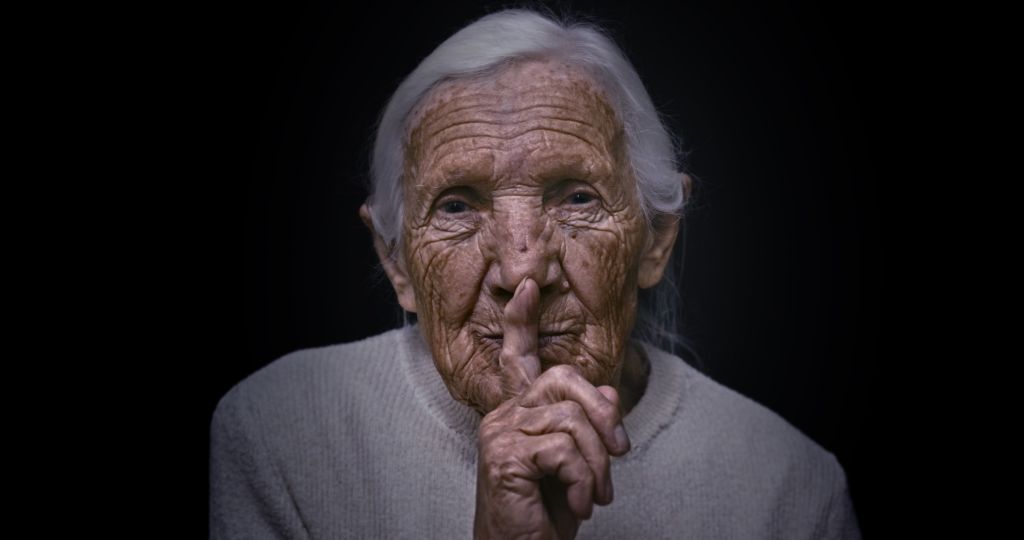

read more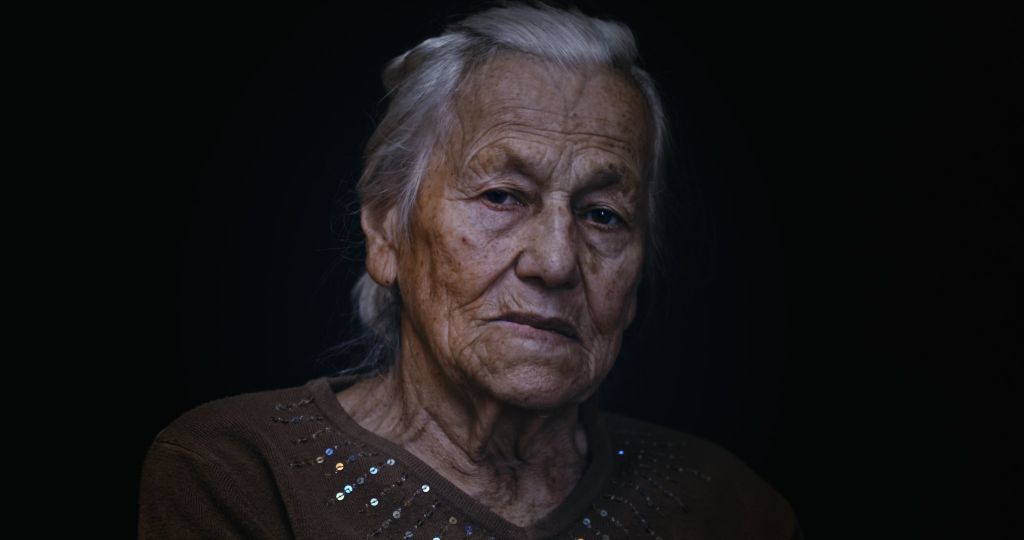
Authors:
Associated artists
- Alina Cyranek
Graduated in Media Art at the Bauhaus University Weimar and the Tongji University Shanghai. In her work, she uses different media formats, technical approaches and narratives.
read more
- Arturo Dueñas
Born 1962 in Spain. Bachelor of Arts, Qualified in Cinematography and Filmmaking Course at the New York Film Academy. Full member of the Academy of Arts and Cinematographic Sciences of Spain. Actor, director, producer, editor and scriptwriter in several short films.
read more
- Ivan Milosavljević
Serbian filmmaker. He graduated from film editing at the Faculty of Dramatic Arts in Belgrade. His student film “The Inheritor” has been screened at 15 festivals and won 4 awards. He worked as an editor, assistant editor, and VFX artist for several feature films and documentaries. Ivan started working in production in 2014 when he founded his own production company Black Rooster Studio. Ivan is a member of DokSerbia – the Association of Documentary Filmmakers of Serbia. “Blue Frontier” is his first short documentary as a director.
read more - Pawlina Carlucci Sforza
Director and screenwriter Pawlina Carlucci Sforza graduated from the University of the Arts’ London College of Communication and from the Warsaw Academy of Fine Arts. Her background also includes a stint at the Warsaw Film School and another in Italy, at the Accademia Albertina delle Belle Arti in Torino. She made her co-directorial debut with “Not to Judge” (2017), which won the Grand OFF Best Documentary award and was nominated in the Best Polish Film category (2017). In 2018, it was nominated for the Jan Machulski Best Director award.
read more - Tobias Sauer
Born 1991 in Fulda, Germany, studied in the Film and Moving Image class at Kunsthochschule Kassel (Art University Kassel) from 2012 to 2020. His films cover a broad spectrum of essayistic, documentary and experimental forms. Among the recurring elements is an engagement with literature, film and media history as well as history in general. His short films have been shown at festivals such as Filmfest Weiterstadt, Stuttgarter Filmwinter, Festival de Cine de Huesca and IndieLisboa. They have won awards, e.g. at Lichter Filmfest Frankfurt and Festival La Cabina in Valencia. “Die Kafka-Konferenz” (“The Kafka Conference”) is his first feature-length documentary, “Kafkaland” is its prologue.
read more
how to get there
- Dakhla: cinema and oblivion / Dajla: cine y olvido, 15
15.10.2021
- 09:00 - 11:00, ONLINE, SeFF Mini – Sensory-Friendly Cinema vol.3
- 19:00 - 21:00, Dom Kultury Krzemień, Film PhiloSeFFy vol.2
- 20:00 - 22:30, Kino Zamek, The European Competition Block 1






